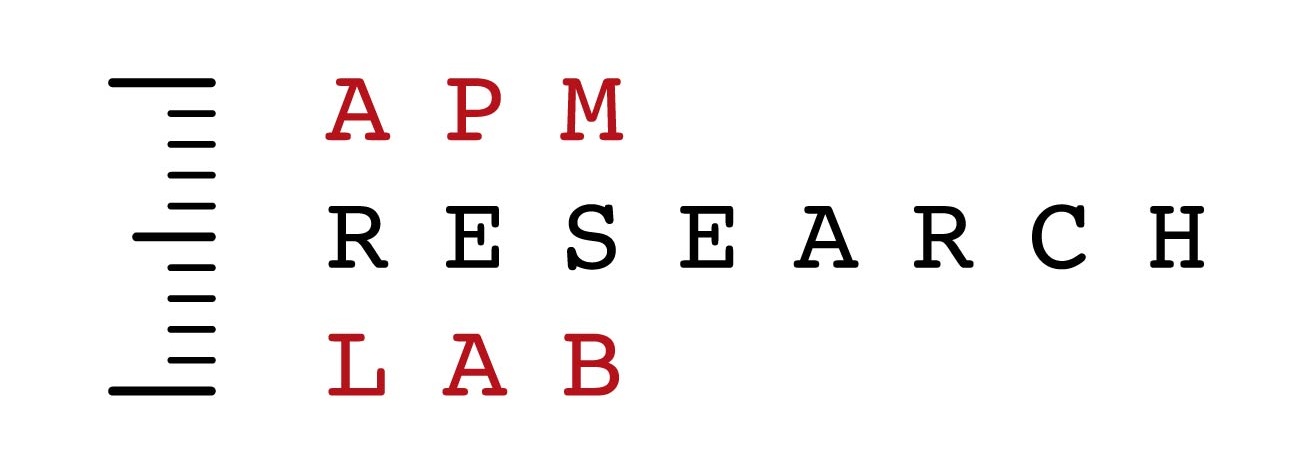As our 2023 - 2024 data journalism fellow Rithwik Kalale wraps up his time with us, he decided to look back on his year with the lab, lessons learned, highlights, and what’s to come.
Read MoreAs the year comes to an end, we would like to thank you for supporting our mission to bring facts into focus. Once again in 2023, we provided data-driven reporting on a wide variety of topics, from education and the environment to health and public policy.
Read MoreWashington D.C., Florida, and Illinois had the nation’s highest rates of abortion in 2020, while D.C., Kansas and New Mexico saw the highest proportion of abortions obtained by out-of-state residents.
Read MoreGiven that schools will likely continue to be a battleground for social issues like these, we thought it might be useful to provide a glimpse into some of what we found in our foray into the financing of school board campaigns in the three areas: Texas, Michigan, and Los Angeles.
Read MoreMcCourtney Institute's May 2022 Mood of the Nation Poll results show that roughly 3 in 10 Americans favor unfettered freedom to chose abortion, while almost 1 in 4 prefer abortion to be “legal most of the time," which corresponds to the laws in almost every state while Roe v. Wade remains in force. Over 1 in 3 favor abortion to be illegal except in extreme circumstances.
Read MoreEarly on in the COVID-19 pandemic the pattern of deaths quickly became the latest manifestation of racial and ethnic health disparities, with Black, Indigenous and other people of color dying at much higher rates than White and Asian Americans. More recent data show that racial and ethnic gaps in COVID-19 death rates between White and BIPOC Americans are closing, but that disparities remain.
Read MoreIn early February the USDA confirmed that HPAI was found at a commercial farm with 29,000 turkeys in Dubois County, Indiana. Since then, the flu has spread rapidly now impacting nearly 38 million chickens and turkeys in backyard flocks and large commercial operations alike.
Read MoreAccording to our Minnesota’s Diverse Communities Survey, only half of those from households that included someone either working from home or attending school online reported a “very reliable” internet connection. One-third indicated that their internet connection is “somewhat reliable,” with the remainder split between “slightly reliable” (9%) and not at all reliable (6%).
Read MoreOur recent Minnesota’s Diverse Communities Survey finds that only 48% of Minnesotans trust state government to do what is right in most cases. That is less trust than Minnesotans expressed in the medical system, the police and the public schools.
Read More








